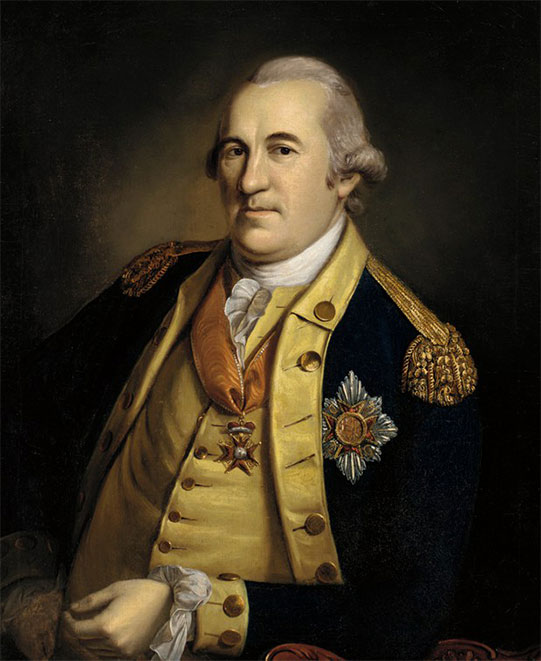
Baron von Steuben served as the first Inspector General for the Continental Army in the 1700s.
The Federal Inspectors General have primary responsibility to the American public to detect and prevent fraud, waste, abuse, and violations of law while promoting economy, efficiency, and effectiveness in the operations of the Federal Government.
Historically, the notion of Inspectors General has been mainly an administrative concept for armies and other military units. President George Washington relied on an aide, Baron von Steuben, to serve as the first effective Inspector General for the Continental Army in the 1700s. French Emperor Napoleon also appointed one of the first Inspectors General to keep the French Army running at peak efficiency. During the Civil War, when war profiteering was rampant, President Abraham Lincoln revived the concept of Inspectors General to ensure that Federal troops were receiving adequate quality supplies and equipment. Even today, many military units have Inspectors General.
By the late 1960s and 1970s, it became apparent to the U.S. Congress that the Federal Government needed to broaden its notion of what Inspectors General could do and how their expertise could help to focus on the activities of civilian agencies. Scandals involving procurement activities within some Federal agencies prompted this move, and resulted in the passage of the Inspector General Act of 1978.
The Inspector General Act of 1978, as amended, establishes the responsibilities and duties of an Inspector General (IG). The GSA IG, who is appointed by the President and confirmed by the U.S. Senate, was one of the first IG offices created by the new law. The IG Act has been amended to increase the number of agencies with statutory IGs. In 1988 IGs were established in smaller, independent agencies, there are now 74 statutory IGs.
The Inspector General Act of 1978, as amended by the IG Reform Act of 2008, created the Council of Inspectors General for Integrity and Efficiency (CIGIE), combining what were formerly known as the President's Council on Integrity and Efficiency (PCIE) and the Executive Council on Integrity and Efficiency (ECIE). The CIGIE has 7 committees: Audit, Information Technology, Inspection and Evaluation, Investigations, Integrity, Legislation, and Professional Development, as well as several topical working groups and related organizational affiliations. The CIGIE also provides specialized training to the IG community.

